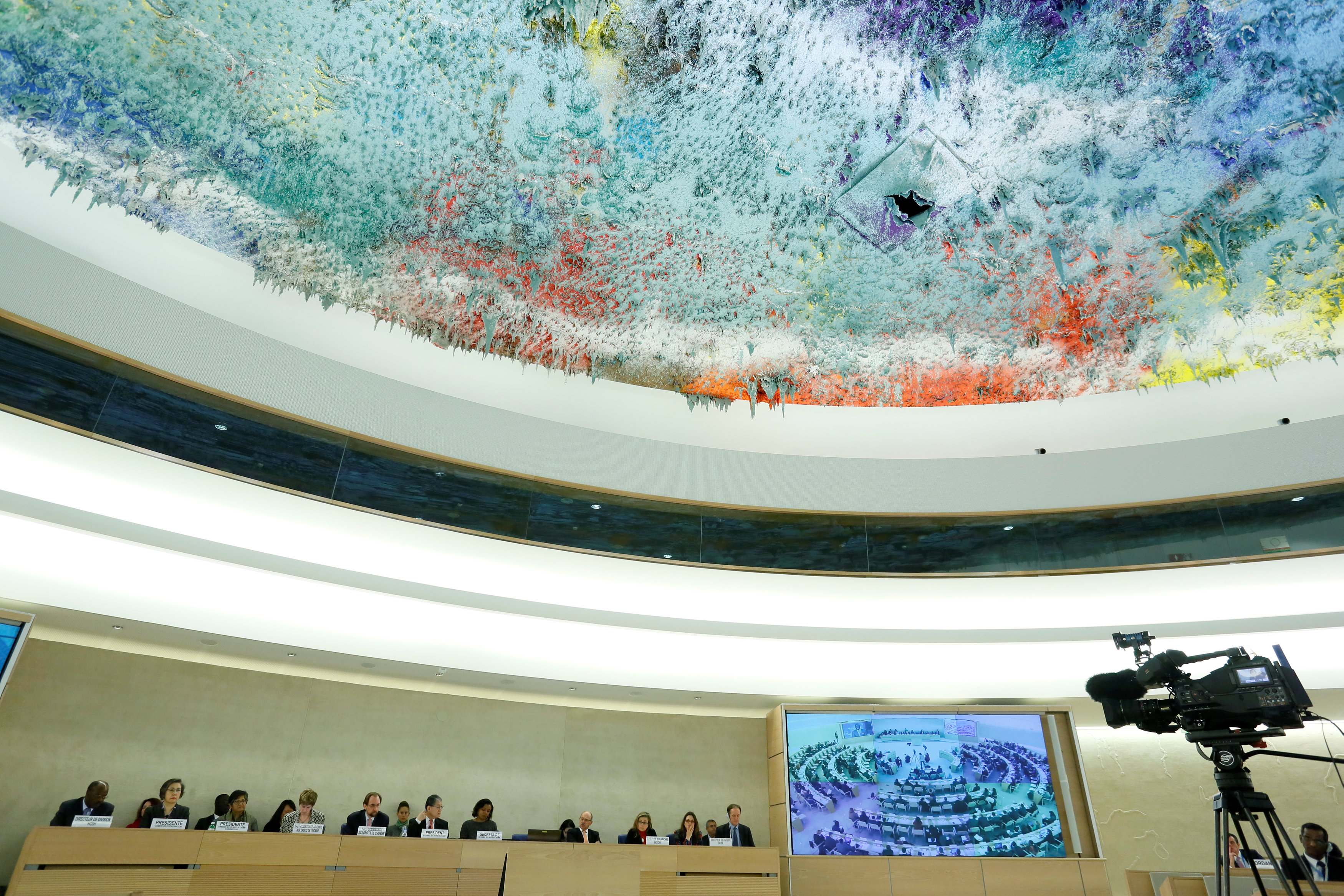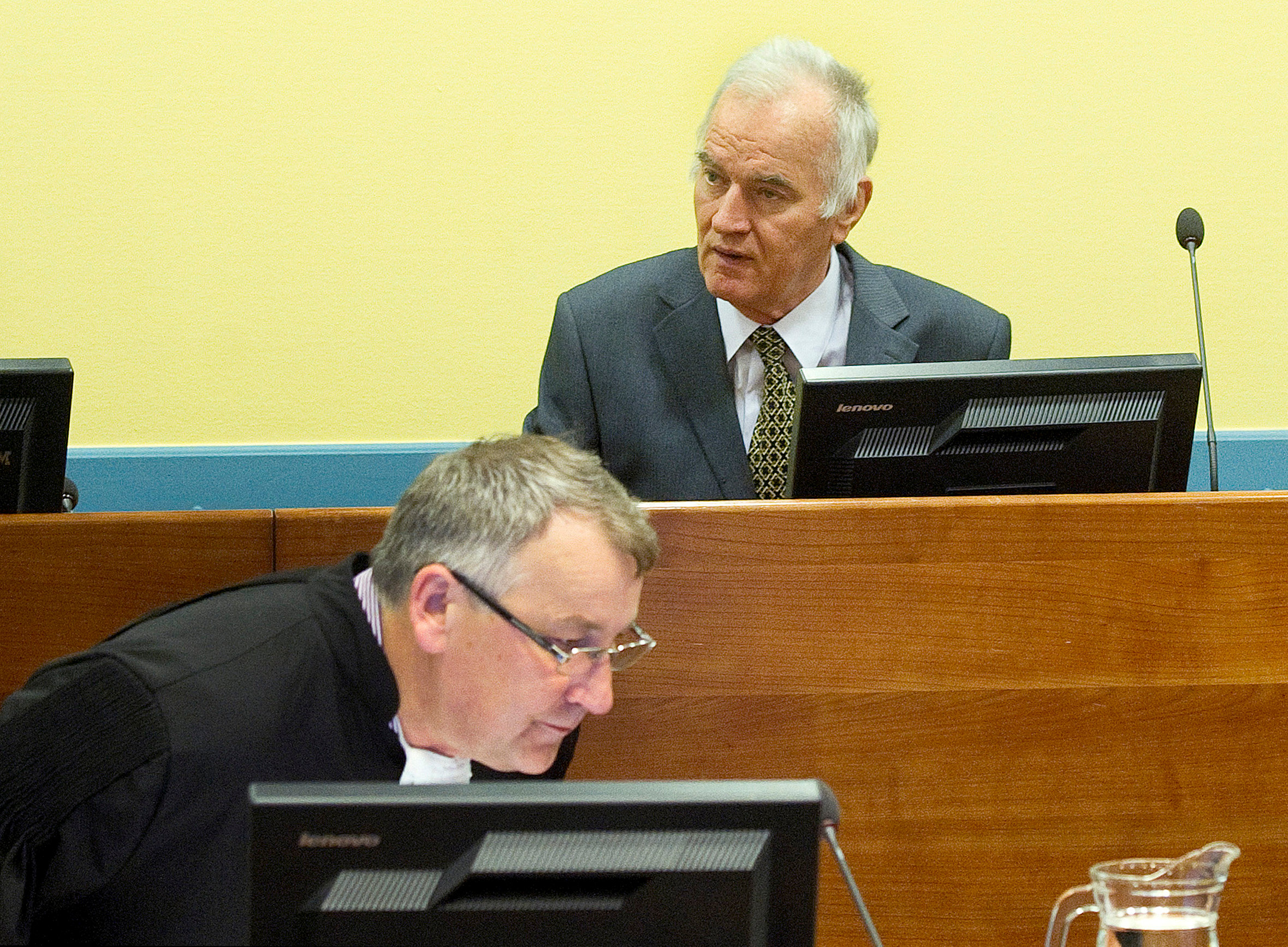
y Tom Miles
GENEVA (Reuters) – World powers can stop a “Rwanda-like” genocide in South Sudan if they immediately deploy a 4,000-strong protection force across the country and set up a court to prosecute atrocities, the head of a U.N. human rights commission said on Wednesday.
Africa’s newest nation plunged into civil war in December 2013 after a long-running feud between President Salva Kiir and his former deputy, Riek Machar, exploded into violence, often along ethnic lines.
“South Sudan stands on the brink of an all-out ethnic civil war, which could destabilize the entire region,” commission chief Yasmin Sooka told an emergency session of the U.N. Human Rights Council in Geneva.
Fighting was expected to escalate again now that the dry season had started, she said. Gang rape was happening on an “epic” scale, she added, citing cases of women being raped at a U.N. site in the capital Juba within sight of U.N. peacekeepers.
Washington and other powers called the one-day meeting after Sooka’s commission reported this month that ethnic cleansing was already taking place in South Sudan, which only seceded from Sudan in 2011.
Sooka’s comparison with Rwanda referred to the killing of some 800,000 people in three months of ethnic violence there in 1994.
Kiir has denied there is any ethnic cleansing and South Sudan’s ambassador at the council, Kuol Alor Kuol Arop, said his country saw no need for the special session.
International pressure, including the threat of sanctions, has so far failed to halt the fighting in an oil-producing country at the heart of a fragile region that includes Sudan, Ethiopia and Democratic Republic of Congo.
The warring sides agreed to set up a court backed by the African Union in 2015, but one has not appeared.

General view of the Human Rights Council 26th Special Session on the human rights situation in South Sudan, Geneva, Switzerland, December 14, 2016. REUTERS/Pierre Albouy
South Sudan’s government has said it will allow a 4,000-strong regional protection force to bolster the U.N.’s existing peacekeeping mission. But it has also not arrived and Sooka said there were fears it would not operate beyond Juba.
“We urge the immediate deployment of the 4,000-strong regional protection force for South Sudan … People all across the country asked that it not be restricted to the capital if it is to protect civilians across South Sudan,” she said.
The 47-member forum adopted a resolution without a vote reminding the government of its responsibility for protecting the population against genocide, war crimes and ethnic cleansing and condemning the widespread violence and rape.
But it watered down the original wording, which would have extended the mandate of the U.N. human rights commission in South Sudan for a year. The commission will report back to the council in the first quarter of 2017.
(Reporting by Tom Miles; Editing by Stephanie Nebehay and Andrew Heavens)








